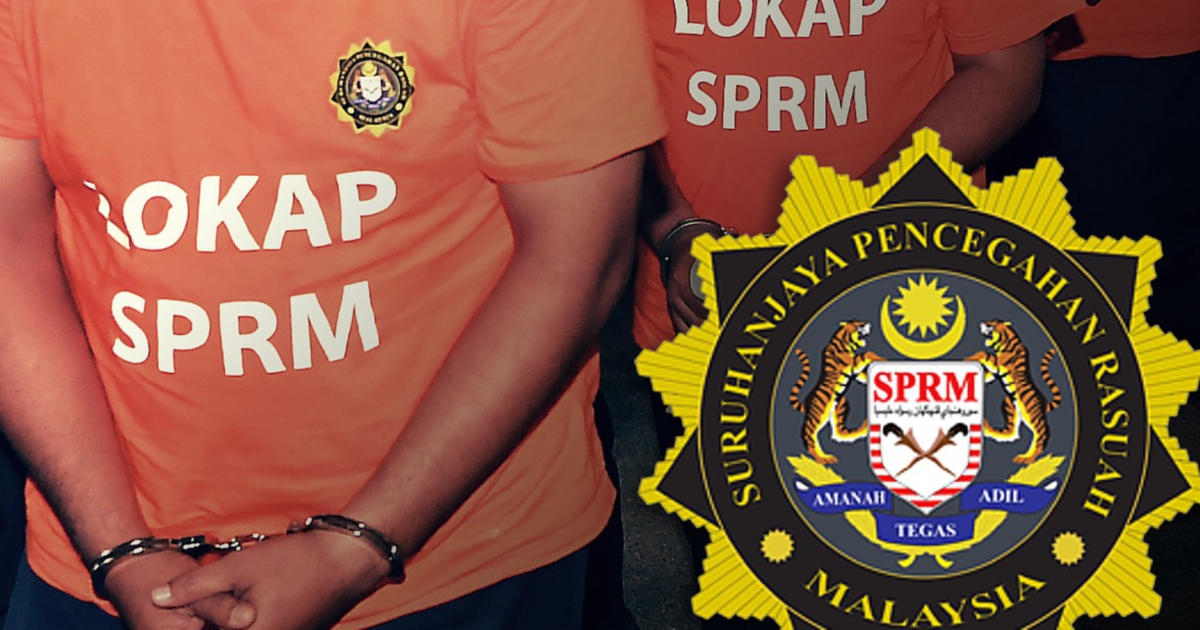It is no secret that many are puzzled about, even disillusioned with, the application of justice in the country.
Much is said about transparency, the rule of law and zero tolerance for corruption. But people continue to witness what they believe are double standards — one set of rules for the powerful and well-connected, and another for the rest.
When it comes to personalities, the process of investigation seems unusually delicate, even deferential.
These individuals, often bearing titles, appear to enjoy a legal buffer against the full force of the law.
Take any scandal in recent years involving millions or even billions in losses, and you’ll notice a recurring pattern.
There’s a flurry of headlines, maybe a dramatic raid or two, a press conference promising stern action — and then, silence. The headlines fade. The cases stall.
In too many instances, there are no convictions. Some are charged, yes — but later, they quietly walk away.
The people can hardly recall a single high-profile figure, besides a former prime minister, going to jail despite the staggering sums involved.
And yet, if an ordinary citizen is caught embezzling even a fraction of these amounts, the system moves swiftly — remand orders, handcuffs, orange lock-up attire and immediate media exposure. Justice is swift and very public.
Contrast this with the treatment of those from the upper echelons.
Even the scheduling of interviews with investigating officers seems to be a matter of polite negotiation rather than lawful compulsion. It appears that the higher the status, the gentler the process.
Consider, too, a fraud reportedly involving billions in losses and thousands of victims, including foreign nationals.
While its mastermind has finally been extradited to another country to face justice, back home in Malaysia the story reads differently. Key proxies, including those with titles, were detained but none have been charged yet.
So the question arises: Why are the big fish so hard to reel in?
Is it because they are well connected? Because they know how to navigate the system?
Or are the enforcement agencies unable to act without fear or favour?
Whatever the reason, the consequences are serious. When justice appears selective, public trust erodes. Citizens begin to believe that laws apply only to the powerless. And that belief is dangerous — not just for democracy, but also for the nation’s soul.
To the enforcement agencies, the people are watching.
And we are asking: Why the delay? Why the special treatment? Why the silence after the headlines?
If someone can be investigated for a billion-ringgit scandal and walk around freely in designer suits, while a petty thief is taken to court, can we still say we are all equal before the law?
The time has come to put an end to double standards. Investigations involving massive corruption, money laundering and white-collar crime should be handled with the same urgency and intensity as those involving the common person. The greater the crime, the greater the responsibility to act decisively.
Justice must not treat the elite with kid gloves. It must fulfil its promise to the people.
Dr Pola Singh
Former exco member of Transparency International Malaysia
The views expressed in this article are the author’s own and do not necessarily reflect those of the New Straits Times
© New Straits Times Press (M) Bhd






